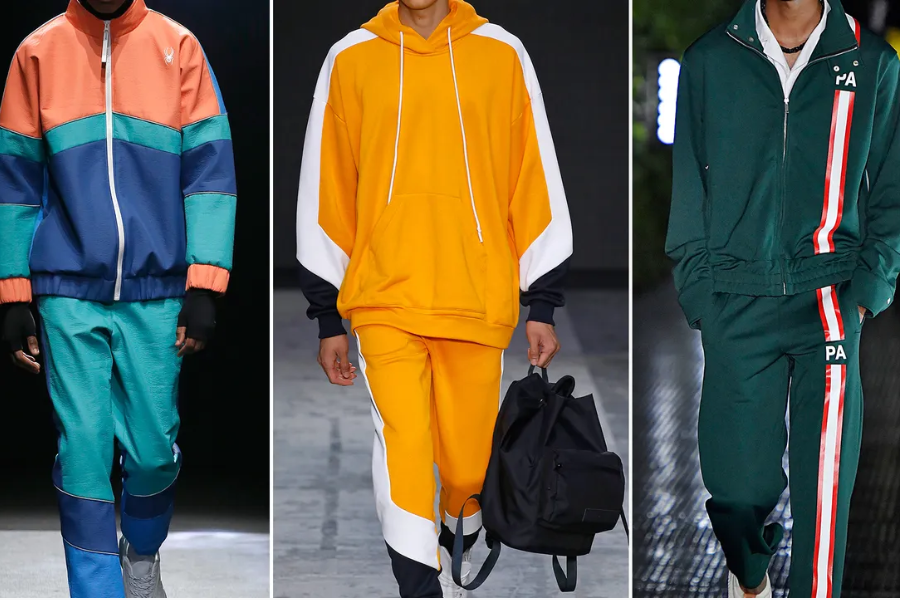As the fashion industry grapples with its environmental footprint, sustainable fashion has become more than just a trend and it’s a necessity. This shift towards eco-conscious practices is prominently influencing various clothing sectors, including sportswear. Men’s tracksuits, once merely functional athletic wear, are now at the forefront of this transformative movement. This article explores the sustainable options available in men’s tracksuits and discusses how the industry’s pivot toward sustainability is reshaping sportswear.
Understanding Sustainable Fashion in Sportswear
Sustainable fashion refers to clothing designed, manufactured, distributed, and used in ways that are environmentally friendly and ethical. For sportswear, this means producing items that not only meet the functional requirements of athletes and fitness enthusiasts but also are made in ways that minimize environmental harm. The production of mens tracksuit sale under this model involves the use of eco-friendly materials, such as organic cotton, recycled polyester, and Tencel, which reduce the amount of toxic outputs and water usage compared to conventional fabrics.
Eco-Friendly Materials Dominating the Tracksuit Market
One of the key elements in the sustainability of men’s tracksuits is the material used. Organic cotton is grown without harmful chemicals, ensuring that farming practices are safer for both the environment and the farmers. Recycled polyester, made from post-consumer plastic bottles, significantly reduces the waste going to landfills. Tencel, a fabric derived from the wood pulp of trees grown on sustainably managed plantations, offers a biodegradable solution that is gaining popularity due to its minimal impact on the environment and its soft, breathable qualities that are perfect for sportswear.
Ethical Manufacturing Processes
Beyond materials, sustainable fashion also emphasizes ethical manufacturing processes. This involves fair labor practices and working conditions, as well as the implementation of energy-efficient production methods. Many brands that focus on producing men’s tracksuits are now adopting these practices, aiming to reduce their carbon footprint and improve the industry’s overall sustainability. For example, using solar energy to power facilities or water recycling systems during the dyeing process can significantly decrease the environmental impact.
The Rise of Transparency and Traceability
Transparency in the fashion industry has become a crucial factor for consumers, especially when it comes to sustainable sportswear. Brands that produce men’s tracksuits are increasingly providing detailed information about their supply chains, from the sourcing of raw materials to the final stages of production. This level of transparency not only helps consumers make informed decisions but also puts pressure on companies to maintain ethical practices throughout their operations.
Consumer Awareness and Demand
The demand for sustainable men’s tracksuits is driven by a growing consumer awareness of environmental issues and a shift in consumer behavior towards supporting brands that prioritize sustainability. This has encouraged more companies to incorporate eco-friendly practices into their production processes. The rise of digital platforms and social media has also played a significant role in spreading awareness and educating consumers about the benefits of choosing sustainable sportswear.
Challenges and Opportunities
Despite the progress, the transition to sustainable fashion in the sportswear industry faces challenges. The cost of sustainable materials and the implementation of ethical practices can lead to higher prices for the end consumer, which might deter some buyers. However, this also presents an opportunity for innovation in creating more cost-effective sustainable production techniques that can make eco-friendly men’s tracksuits more accessible to a broader audience.
Don’t miss the latest updates and alerts visit: Vents Magazine Feed!










